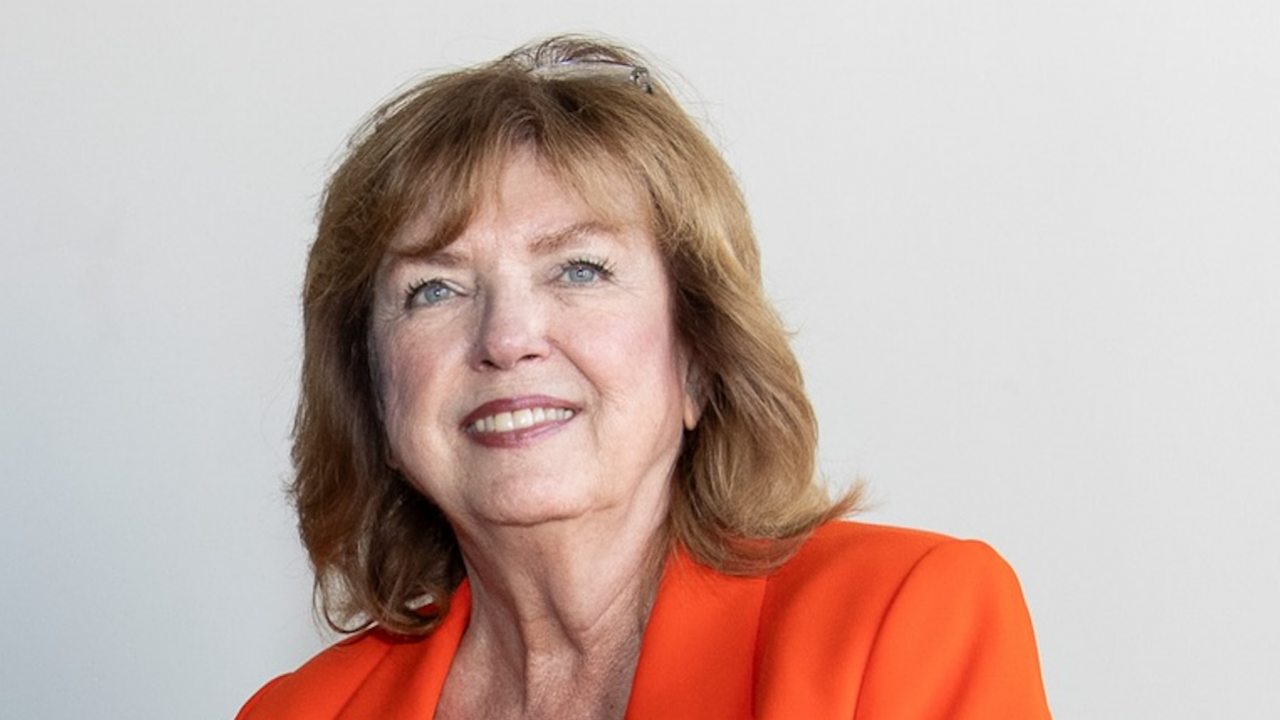World
Mississauga’s new mayor faces a big job — and a really big unanswered question | TVO Today

On June 10, Carolyn Parrish was elected mayor of Mississauga. (Facebook)
Mississauga has only its fifth mayor in its entire existence as a municipality and only the third in my lifetime: on Monday, voters in Ontario’s third-largest city elected Carolyn Parrish to succeed Bonnie Crombie, who resigned to serve as Ontario Liberal Party leader earlier this year. It’s been a bit of a pattern in their political careers: while Parrish won a seat on Mississauga council in 2006 and served until 2010, she was defeated in no small part because she’d crossed then-mayor Hazel McCallion. She was stymied in an attempt to get back on council in a 2011 byelection when she lost to… Bonnie Crombie. When Crombie ran for mayor, Parrish ran once again for the seat in Ward 5 and succeeded her. And now, Parrish succeeds her once again as mayor. Politics: it’s complicated.
Unsurprisingly for someone vying to be a big-city mayor in Ontario, Parrish ran a campaign that included a pledge to get more housing built in order to bring the soaring costs of homes under control. Parrish’s campaign website expresses some skepticism about whether fourplexes would help the city meet demand, saying, “Fourplexes and other gentle infill approaches need very unique lots and won’t solve our problem.” (Important to note here that, despite the skepticism, Parrish supported the motion at council earlier this year to allow fourplexes more broadly.) Instead, Parrish proposes to rezone underused office parks and malls, where developers are already itching to build new towers.
Parrish’s housing plan might not be the most ambitious that was on the ballot — there’s a strong argument that Councillor Alvin Tedjo, who came second in Monday’s vote, can claim that honour. But if the new mayor can stick-handle her proposal through council (and she has the same strong-mayor powers that Crombie had when she forced a fourplex reform through), then there’s reason to think Mississauga could add quite a few new projects at the kind of scale that could be meaningful. That could go a long way to reversing the demographic shrinkage the city saw in the interval between the last two censuses.
As we’ve seen in Toronto, a mayoral election alone doesn’t massively change the underlying dynamics that a city faces: Parrish is now elevated to head the same council Mississauga had before, with the exception of her old Ward 5 seat, which was filled last night by Natalie Hart. The politics of the city’s council haven’t undergone a tectonic shift, and the broader forces buffeting the city are unchanged.
Where Toronto and Mississauga differ is that, unlike the provincial capital, the latter is facing a pretty fundamental question about its ongoing financial operations. While Ontario has abandoned the idea of dismantling Peel Region altogether, the transition board the government struck is still supposed to report back to Municipal Affairs Minister Paul Calandra about how best to reorganize municipal services, with an eye specifically to “accelerating the building of homes in Mississauga, Brampton and Caledon to increase housing supply.” (TVO Today asked the ministry for an update on the timing of the transition board’s report but did not receive an immediate reply.)
As we’ve argued before, one of the obvious candidates for reform is Peel Region’s water and sewer finances, which currently impose enormous development charges on new homes. It’s not the only service or cost that’s relevant to getting more homes built, but it’s one of the clearest cases where the provincial interest intersects with a priority for the new mayor.
We don’t yet know whether the province will move ahead with major changes to Peel Region’s water system. The fact that the premier’s office appears to be planning for an early spring 2025 election is one reason to suspect this government will — as it has so often in the past — punt potentially acrimonious decisions until political circumstances are more congenial. A big change to the way Peel Region pays for water and sewers would necessarily create winners and losers; it’s not hard to imagine the government opting to wait until after the dust settles next year before making a move.
So congratulations to Parrish on her successful run for mayor. It’s a big job for a big city. Perhaps if she’s lucky, the province will oblige her by filling in the blanks of her city’s financial map before she has to run for re-election in two years’ time.


)






